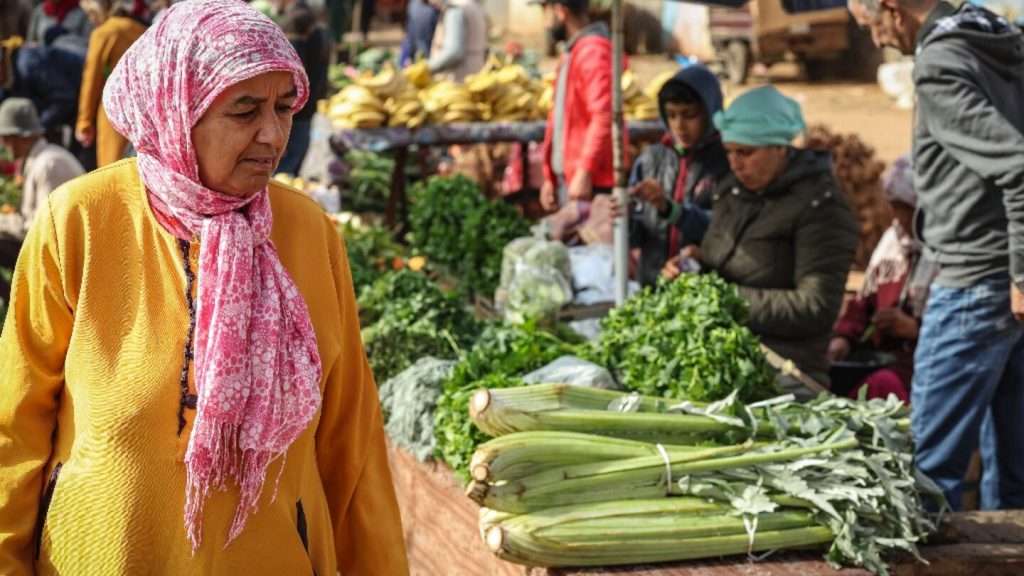Israel-Iran tensions put economic strain on Morocco

The conflict unfolding between Iran and Israel is reverberating far beyond regional borders, and for energy-importing countries like Morocco, this could spell economic trouble.
As tensions in the Middle East reach a flashpoint, the oil market’s focus shifts to a risk premium after weeks of depressed prices, reports Moroccan-friendly outlet Hespress on June 16.
In the early hours of June 13, Israel launched a series of airstrikes on Iran’s nuclear and military targets, just as it had been threatening to do since May. The attacks, dubbed Operation Rising Lion, were launched just days before the sixth round of U.S.-Iran nuclear talks despite Trump’s warning to Netanyahu to hold back.
Apparently, Israeli intelligence had concluded that Iran was about to cross a line toward weaponization and needed to “roll back the Iranian threat.” Iran has now withstood three days of Israeli attacks, which have killed more than 240 Iranians, including several members of its military and scientific leadership. Iran, with the largest military in the Middle East, struck back as the conflict escalated.
While misinformation on both sides has made the extent of the damage to Iran’s oil infrastructure unclear, uncertainty and fear of escalation around chokepoints like Hormuz are maintaining a sustained premium in global oil prices.
So far, Morocco has insisted on no involvement in the conflict, and so far is the only country among those with peace or normalization agreements with Israel that has not officially responded to the attack.
But Diplomatic neutrality can not shield the Kingdom from the economic aftershocks. Moroccan households, already grappling with inflation, are bracing for financial strain as analysts warn of rising fuel and food prices.
According to the Guardian, Brent crude initially jumped by more than 10%. But in late trading, it has slipped slightly – still up 5.7% today at $73.29 per barrel, on track for its biggest daily rise since April 2023.
Although Morocco imports most of its oil from Russia rather than GCC members of OPEC, a general rise in oil prices will weigh heavily on the country due to the amount of goods it imports.
“Higher fuel costs mean higher transportation costs, which ripple through the economy,” said Idriss Lakrini, a professor of International Relations in Marrakech. “That translates to more expensive food, goods, and services for Moroccan families.”
Lakrini described the Israel-Iran conflict as a “serious development in a strategically sensitive region.” He emphasized that in today’s interconnected world, “no country is fully insulated from such crises.”
Inflationary pressures have already prompted unrest in the kingdom. In January, food prices increased by 1.6%, with notable hikes in fish and seafood (6.0%), vegetables (4.7%), and meat (2.0%). By February, food inflation had risen to 4.7%, driven by higher prices in various categories.
Protests followed: In January, the Democratic Confederation of Labour said this was due to the “continued high prices, the destruction of purchasing power, and the imposition of prices in favor of the lobbies controlling the markets, in addition to the insistence on undermining the constitutional right to strike, restricting syndical freedoms, and legitimizing further exploitation of the working class.”
On social media, frustrated Moroccans have accused fuel and food distributors of crisis profiteering, using the COVID-19 pandemic, the war in Ukraine, and domestic droughts to justify unreasonable price hikes.
Beyond economic effects, Lakrini warned of additional risks, including increased illegal migration, cybersecurity threats, and the potential resurgence of extremist activity if as the conflict threatens to spill over.
Hespress/ Maghrebi
Want to chase the pulse of North Africa?
Subscribe to receive our FREE weekly PDF magazine













